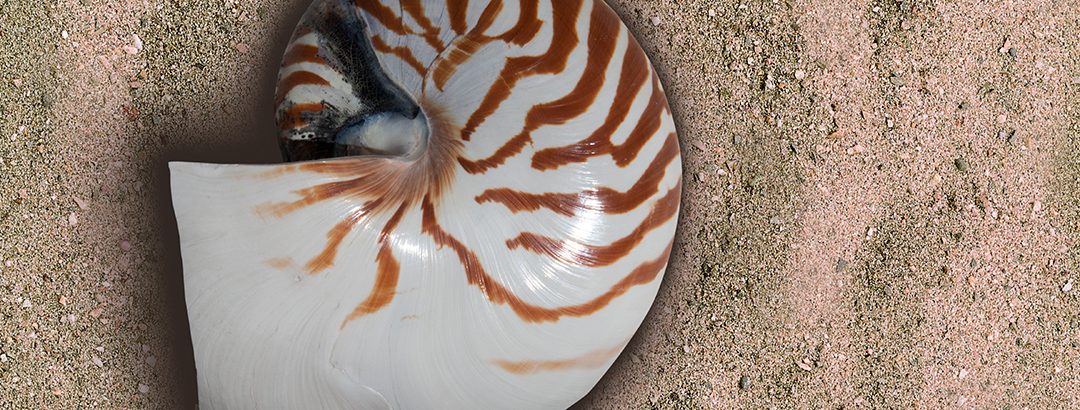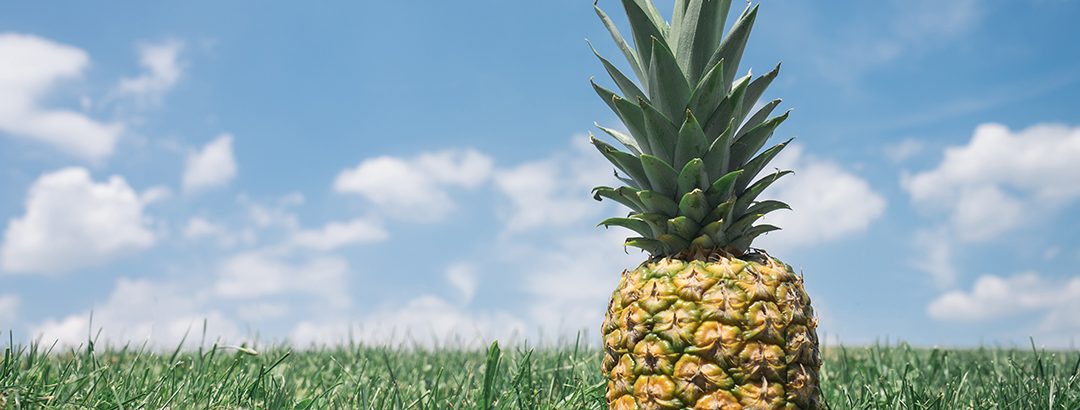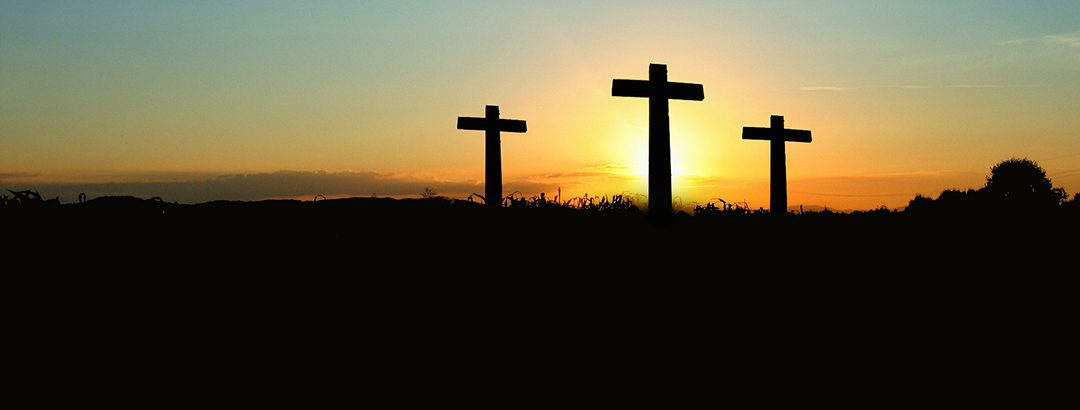Let’s begin by defining “Table” = a high usually flat topped plateaus of the continent. Classic example is Table Mountain, near Cape Town, which is world renowned. They are also known as alp lands or tablelands. These are very sought after by the shepherds. Another word commonly used to refer to these particular places is “mesas” – the Spanish word for table. So it may be seen that what David referred to as a table was actually the entire high summer range. This is when the Sheep are reaching the high mountain ranges where they will spend their summer.
Early in the spring even before all the snow has melted the Shepherd will travel all the way up to the high tableland to prepare the range for the sheep. Several things must be done. First there is the preparation of the grassy fields. The shepherd will spend countless hours on his hands and knees looking for poisonous weeds like the white cammas. If these are spotted they must be pulled up by the roots. These could prove fatal especially for the young lambs. Just a few bites or even a nibble would cause the sheep to become paralyzed and stiffen up like wood and then the sheep would succumb to all the toxins of poisons in his body from the plant and die. The shepherd will take drastic steps to avoid these plants or just eradicate the entire grazing range of them.
Second, he will make a trip just before the sheep arrive in order to do more preparation of the tableland for them. He takes along a supply of salt and minerals to be distributed over the range at strategic spots for the benefit of the sheep during the summer. The intelligent, careful manager will also decide well ahead of time where his camps will be located so the sheep have the best bed grounds. He goes over the range carefully to determine how vigorous the grass and upland vegetation is. At this time he decides whether some glades and basins can be used only lightly whereas other slopes and meadows may be grazed more heavily.
This is exactly what David has in mind when he penned the phrase, “He prepares a table before me….” He has gone on ahead of us and prepared the way for us. Here is a clear parallel of the Christian life. Like sheep and especially lambs, we somehow feel that we have to try everything that comes our way. We have to taste this thing and that, sampling everything just to see what it’s like. And we may very well know that some things are deadly. They can do us no good. They can be most destructive. Still somehow, we give them a whirl anyway. Christ has gone before us and knows that what is out there is destructive and that is why he warns us and makes provision for us if we will just take it.
Another thing on the Shepherd’s mind is attacks from wild animals that would seek to do harm while they are grazing on the tableland. This takes a watchful and careful eye from the Shepherd. Prey like coyotes, wolves and cougars are quick and very stealth. You will never see the animal but all the sudden you see the damage it has brought about. They will lie in wait and watch the sheep looking for the best opportunity to attack hoping to stampede and scatter the sheep knowing that one little straggler will be caught off guard and they will catch it. With many raids it can look like the cougars would almost play with them like a cat would with a mouse just before it kills it.
This is very time consuming for the Shepherd and is full of drama and danger. He could lose his life in the process of securing safety for the sheep and He knows this. If there are animals like this present the will have to go hunt them down and kill them so that the flock can rest in safety and refuge.
It would do all of us well to walk a little closer to Christ because that is the place of sure safety and security.
The provision of our Good Shepherd in all this is that Christ; our great Good Shepherd has Himself already gone before us into every situation and every extremity that we might encounter. We are told emphatically that He was tempted in all points like as we are. We know He entered fully and completely and very intimately into the life of men upon our planet. He has known our sufferings, experienced our sorrows and endured our struggles in this life; He was a Man of Sorrows and acquainted with grief. Because of this He understands us; He has totally identified Himself with humanity. He has, therefore a care and compassion for us beyond our ability to grasp. No wonder He makes every possible provision to insure that when we have to cope with Satan, sin or self in that situation before; He is in it now again with us and because of this, the prospects of our preservation are excellent.
It is this attitude of rest in Him, of confidence in His care, of relaxation as we realize His presence in the picture that can make the Christian’s life one of calm and quiet confidence. The Christian walk can thus become a mountain top experience-a tableland trip-simply because we are in the care and control of Christ, who has been over all our enemies who would demoralize and destroy us if they could.
We are going to have trials and tribulations even on the tableland but Christ has gone ahead of us and made provision for our victory.
Question: When I come to the Lord’s Table for communion – a feast of thanksgiving for His love and care do I fully appreciate what it cost Him to prepare this table for me?
Phil. 2:5-8 – This meant laying aside His splendor, His position, and His prerogatives as the perfect and faultless One. He knew He would be exposed to terrible privation, to ridicule, to false accusation, to rumor, to gossip, and to malicious charges that branded Him as a glutton, drunkard, friend of sinners, and even an imposter. It entailed losing His reputation. It would involve physical suffering, mental anguish, and spiritual agony.
In short, His coming to earth as the Christ, as Jesus of Nazareth, was a straightforward case of utter self-sacrifice that culminated in the cross of Calvary. The laid-down life, the poured out blood were the supreme symbols of total selflessness. This was love. This was God. This was divinity in action, delivering men from their own utter selfishness, their own stupidity, and their own suicidal instincts as lost sheep unable to help themselves.
In all of this there is an amazing mystery. No man will ever be able fully to fathom its implications. It is bound up inexorable with the concept of God’s divine love of self-sacrifice which is so foreign to most of us who are so self-centered. At best we can only grasp feebly the incredible concept of a perfect person, a sinless one being willing actually to be made sin that we who are so full of faults, selfish self-assertion, and suspicion might be set free from sin and self to live a new, free, fresh, abundant life of righteousness.
Jesus told us Himself that He had come that we might have life and have it more abundantly. Just as the sheep man is thrilled beyond words to see his sheep thriving on the high, rich summer range it is one of the highlights of his whole year, so my Shepherd is immensely pleased when He sees me flourish on the tablelands of a noble, lofty life that He has made possible for me.
Note: This is why he had to come and die for us and we couldn’t die for ourselves – we are so full of sin, selfishness and self consumption and our own comfort; none of us would have been willing to lay our lives down and be the sacrifice for sin-not even for ourselves much less for anyone else. John 15. Christ knows that it is in the self sacrifice that we find life so now our sanctification process is about teaching us to deny self, sin, Satan and lay our lives down for others. I think this is another reason why we will have trials and tribulation here on this earth. Christ is teaching us an appreciation of the ultimate sacrifice as well as getting us less and less attached to ourselves and looking more and more like a Phil. 2 attitude.











